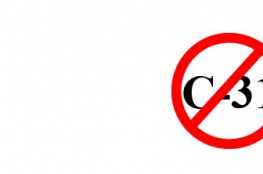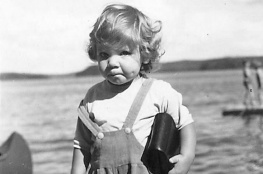Tara Beagan arrived on the redeye from Toronto on Sunday morning, Native Earth’s annual playwrights’ workshop Weekesageechak Begins to Dance having concluded its 22th season the night before. A two week intensive collaboration between playwrights, choreographers, actors, directors and dramaturge, Weesageechak always ends with public “readings” of the new work. Well readings that are usually blocked out performances, and the actors often know their lines.
It was at Weesageechak that I first saw Dreary and Izzy, Tara’s play about sister love and loyalty across race, adoption and the ravages of foetal alcohol syndrome. The play went on to full production at Factory Studio Theatre in Toronto, and even before it opened the response from one corner of the Aboriginal community was to demand it be closed. The objection? Beagan was stereotyping the Aboriginal community by associating it with FAS.
The show went on. And Tara talked to us about being shocked herself when she learned about FAS. Despite its widespread effects, like many, she had had no idea. It was her sister, a schoolteacher in Alberta, who first described its effects to her, and this was the inspiration for Izzy, the adopted Native sister, and her younger “elder” sister Dreary.
The excerpt we read – I did the lines of Mrs. Harper, the white neighbour, and Tara did all the other voices – described the horror of newborns on withdrawal, as well as the grace in children like Izzy not understanding what they’ve lost. At the heart of the play is the relationship of the two sisters, characters who rise to the occasion, defying stereotype.
Tara talked about how real events can spark a play — as a review in the Toronto Star of Native Earth’s production of A Very Polite Genocide, or the Girl Who Fell to Earth did for Anatomy of an Indian. Despite the backgrounder Native Earth prepared for press coming to see the preview of the play, the review used the term Indian in the first sentence. Apparently the Star’s “style guide” overruled the use of Native. The term Indian, it claimed, “while objectionable to some, is perfectly useable.”
The great thing about drama is the way it can bring rhetoric down to the personal. The play involved the audience and two actors (one Caucasian, the other Lorne Cardinal) who test out how “useable” insulting epithets are in real life. Write your own worst insult on a label and see how you like hearing it announced from the stage…
Tara spoke of several other plays that do that, take a dead-serious issue and turn it whacky. In her short play Here, Boy, a gay couple and a homeless Native man who’s living in the park and trapping small animals for food are brought together when Maurice’s partner Dale decides to approach Jesse for an apology. Maurice, who’s inconsolable at the loss of his beloved pet dog , needs closure. (Seriously. )
In short, keep an eye open for Native theatre/performance going on near you. Don’t think that it’s only for Aboriginal audiences.

